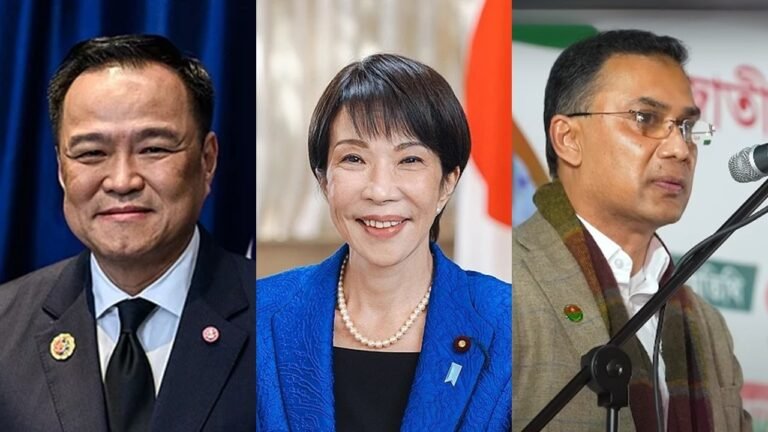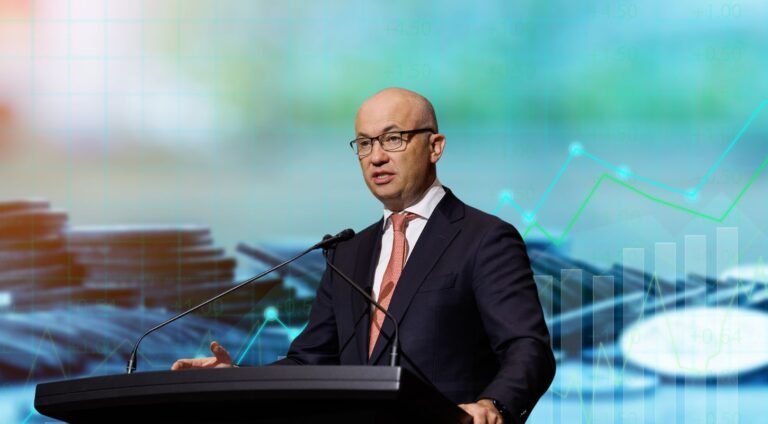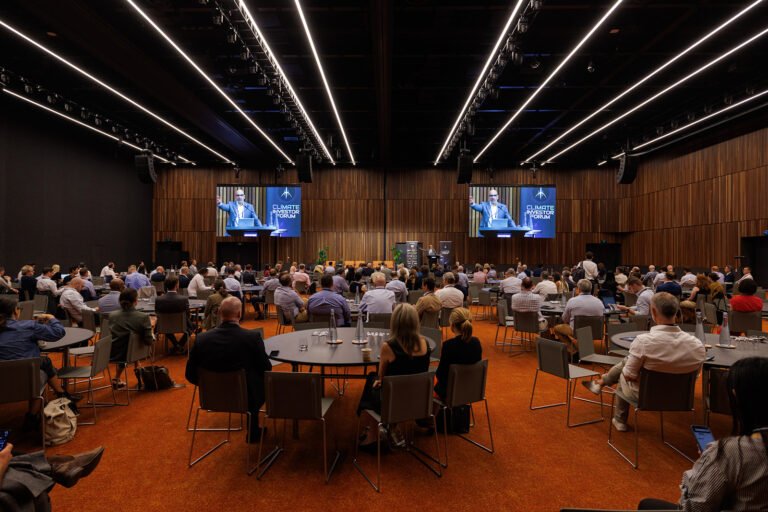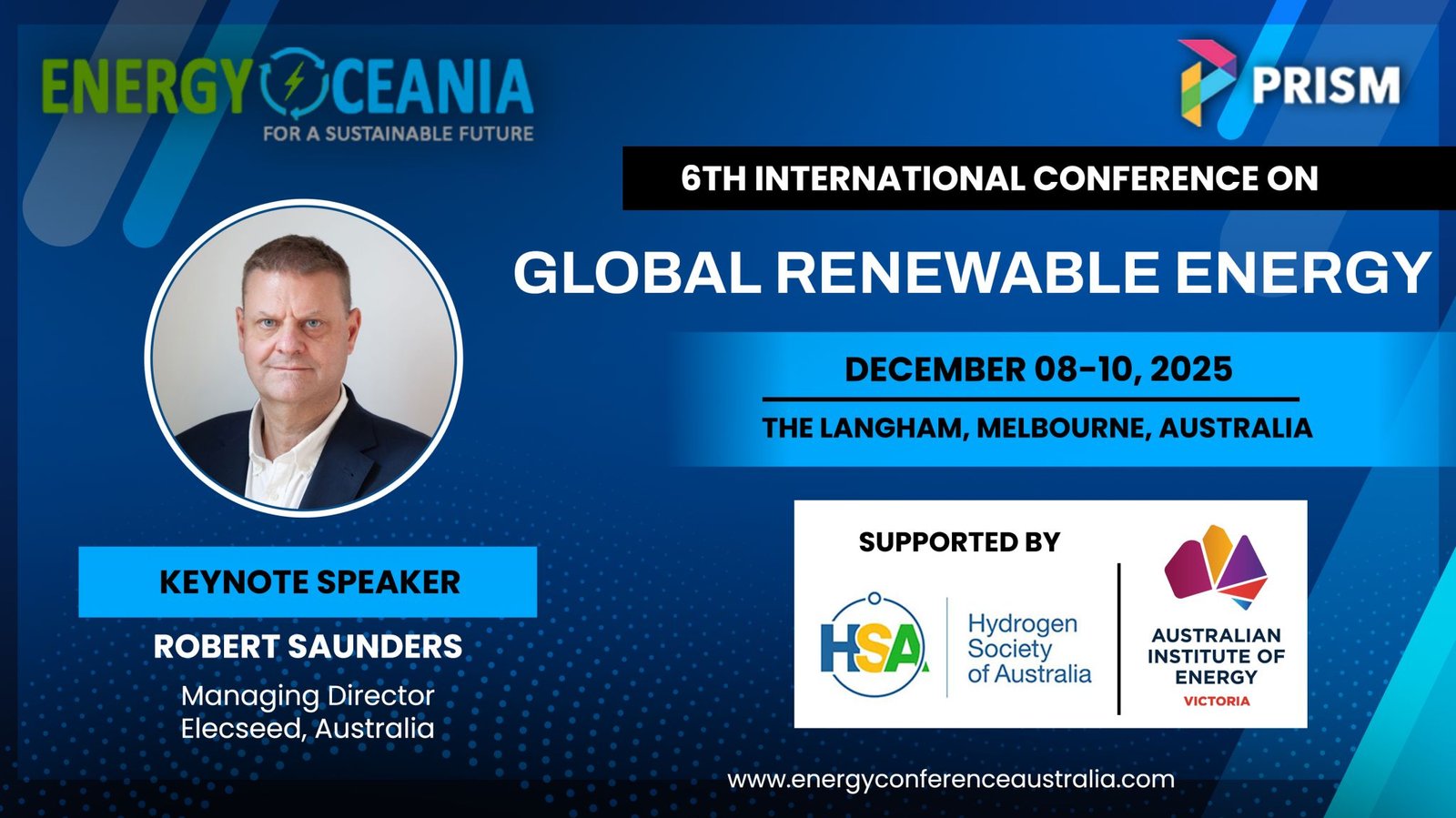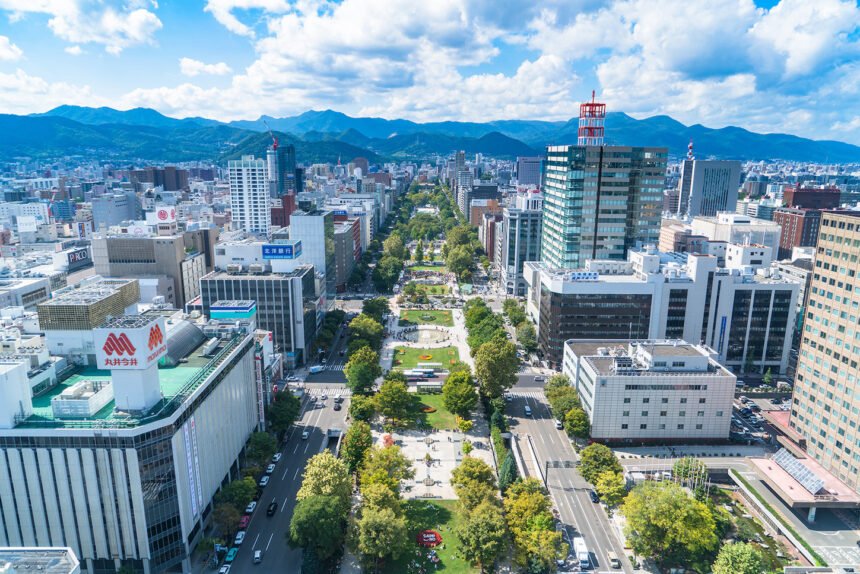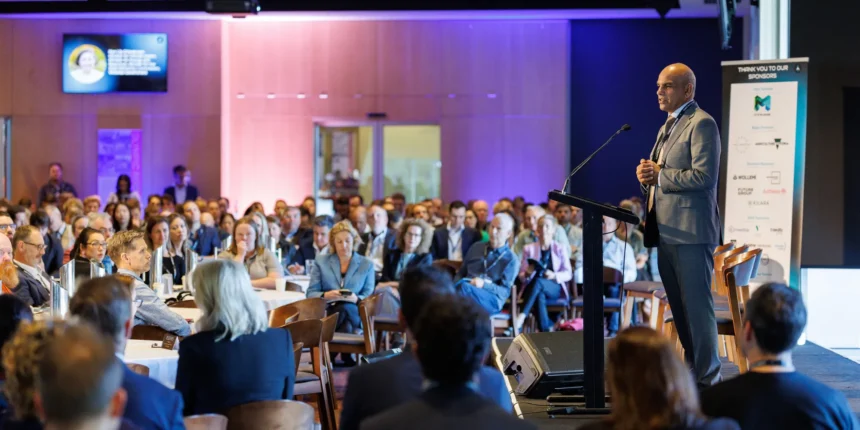New Zealand joins Asia region Fleets in securing Sustainable Aviation Fuel supplies to Green the Airways Transport into the Future
The sustainable aviation fuel (SAF) produced at Neste’s Singapore refinery will be delivered to Air New Zealand at LAX by 30 November 2024. This fuel will be blended with conventional jet fuel to meet the required specifications- nine times larger than Air New Zealand’s initial SAF shipment from Neste in 2022.
Dame Therese Walsh, Chair of Air New Zealand, emphasized the importance of decarbonizing the airline’s operations. SAF plays a crucial role in achieving this goal, allowing Air New Zealand to connect New Zealanders globally while supporting the trade and tourism sectors.
Despite its significance, sustainable aviation fuel currently constitutes less than 1% of the global fuel supply. To achieve net-zero carbon emissions by 2050, the SAF industry must scale significantly. The collaboration between like-minded organizations, such as Air New Zealand and Neste, aims to advance the supply and utilization of SAF.
Alexander Kueper, Neste’s Vice President of Renewable Aviation, expressed pride in supporting Air New Zealand’s decarbonization efforts. The company looks forward to continued collaboration with Air New Zealand and the New Zealand Government to achieve climate goals.
Air New Zealand has been increasingly committed to sustainability, investing over $2 million in domestic SAF production through partnerships with the NZ Government. Additionally, the airline is exploring electric aviation, having selected BETA Technologies’ ALIA aircraft for its Mission Next Gen program.
Neste, Finland, with regional offices in Australia, Singapore and Japan creates SAF biofuel made from waste cooking oil and plants.
SAF is a proven solution reducing GHG emissions by up to 80%* over the fuel’s life cycle, compared to using fossil jet fuel.

SAF at Changi Airport (SIN), and Narita International Airport (NRT)
Other regional countries joining the clean energy flight paths are Japan, which has mandated that 10 per cent of aviation fuel for international flights using Japanese airports be sustainable by 2030 – and Singapore’s mandate is to use SAF in flights departing Singapore starting in 2026 with 1%, increasing to 3-5% in 2030, subject to global developments and the wider availability and adoption of SAF.
Jet Zero Australia in March announced it had raised $29 million towards Project Ulysses, securing investment from Japanese energy conglomerate Idemitsu Kosan as a new strategic shareholder.
“Project Ulysses”, the site in Queensland will transform agricultural by-products, including sugarcane, into around 102 million litres of alcohol-based SAF and 11 million litres of renewable diesel per year.




